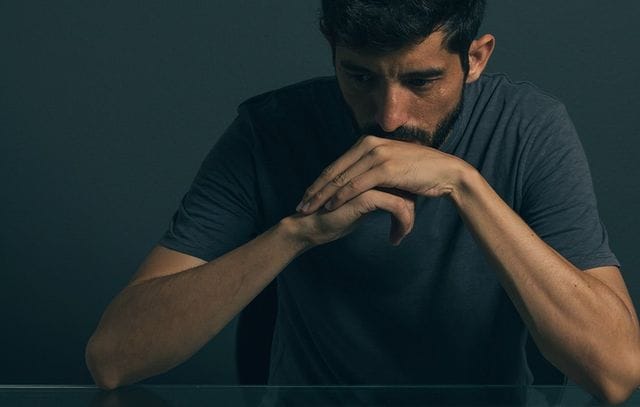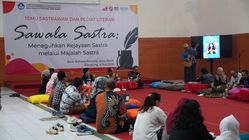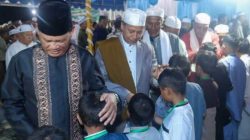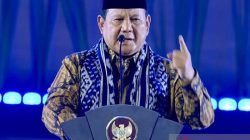In a world where emotional silence often masks deep suffering—particularly among men—Melissa Marufu has emerged as a powerful advocate for change. Through her grassroots initiative, the Jathaniel Foundation, based in Zimbabwe, she is creating safe spaces for emotional healing, particularly targeting men who are often overlooked in conversations about mental wellness.
The foundation operates under the motto “Healing hearts, holding hands,” a guiding principle that reflects its mission to foster empathy, vulnerability, and emotional restoration across communities. But this is not just a slogan—it’s a philosophy rooted in action, built from Marufu’s own lived experiences as a survivor, mother, and emotional wellness coach. Her work bridges the gap between advocacy, therapy, and community empowerment, offering tangible support to survivors of abuse, single-parent families, and youth in crisis.
However, one of her most significant contributions lies in addressing the often-ignored issue of male mental health in African societies. Cultural norms have long conditioned men to suppress emotions, equating strength with stoicism and silence. This pressure has led many into emotional isolation, causing them to suffer in silence long before any physical harm occurs.
To combat this, Marufu launched the You Are Not Alone movement five years ago—a campaign dedicated to dismantling the toxic silence surrounding men’s emotional well-being. The initiative encourages open discussions around depression, anxiety, fatherhood, failure, and trauma—topics traditionally considered taboo for men to express. By fostering dialogue through accessible platforms like WhatsApp group check-ins, barbershop-style conversations, and storytelling sessions in schools and community halls, Marufu is reshaping how men engage with their emotional health.
Her approach is both practical and culturally sensitive. Recognizing that formal therapy may be inaccessible or stigmatized in low-income communities, she has developed affordable wellness programs, virtual support systems, and creative healing workshops tailored to meet people where they are—whether through mobile devices, within local gatherings, or embedded in cultural contexts.
Each intervention is carefully designed to reflect the lived realities of Zimbabwean men, factoring in language, identity, societal expectations, and economic pressures. These sessions offer validation without judgment and equip participants with real tools for emotional resilience and growth.
Marufu also harnesses the power of social media—not for branding, but for healing. On platforms like Instagram and Facebook, she shares visual content, poetry, and personal stories that challenge isolation and promote emotional connection. Each post serves a purpose beyond likes or followers; it aims to soothe a hurting soul, spark a conversation, or encourage someone to begin their journey toward healing.
Beyond digital outreach, Marufu is also an author whose literary works contribute to the broader conversation on mental health. Her debut book, Unstoppable: Rising Above Life’s Storms, chronicles her personal transformation from emotional brokenness to wholeness. While resonating with both men and women, the book especially speaks to men who have long struggled with internalized shame and emotional suppression.
She is currently working on additional titles such as Calming the Storm: A Guide to Managing Stress & Anxiety and 5 Things to Do When You Feel Like Giving Up. These upcoming publications aim to serve as accessible, culturally relevant mental health resources—part self-help guide, part lifeline.
Through the Jathaniel Foundation, Marufu is not only tackling mental health challenges but also confronting deeply ingrained patriarchal norms that equate masculinity with emotional detachment. She champions a new vision of manhood—one where crying, speaking openly, and seeking help are not signs of weakness, but markers of true strength.
In a global era where mental health awareness is growing, Marufu reminds us that progress remains incomplete if men continue to suffer in silence. Her movement ensures that no man, no father, no boy should ever feel alone in his pain—and that healing is not only possible, but expected, encouraged, and celebrated.







